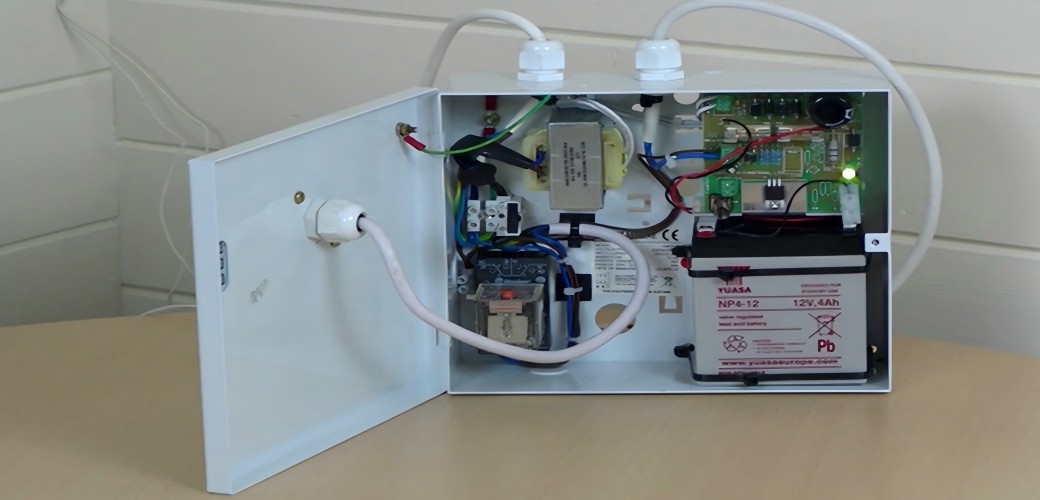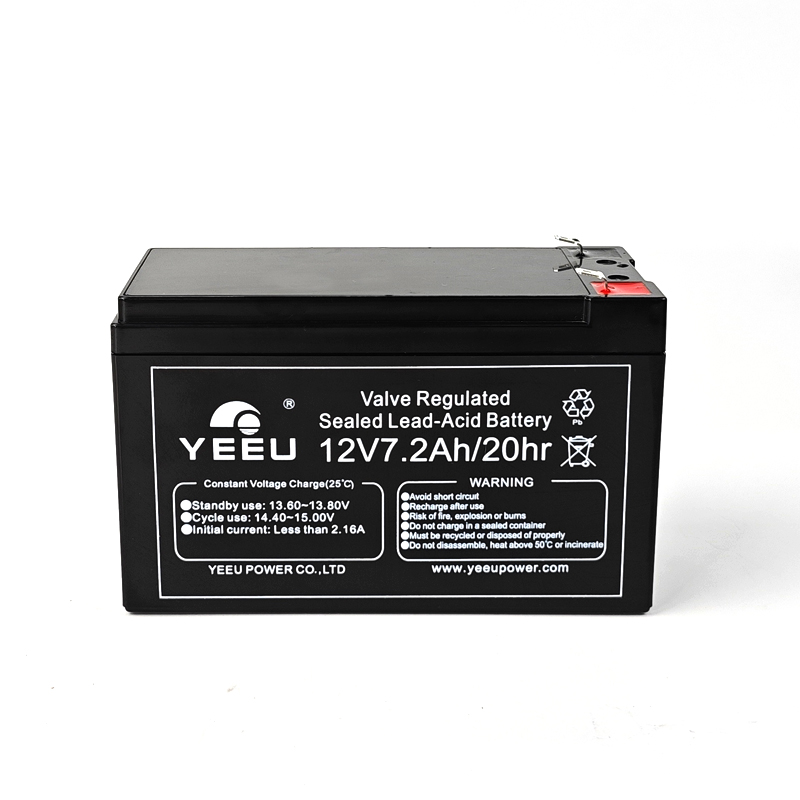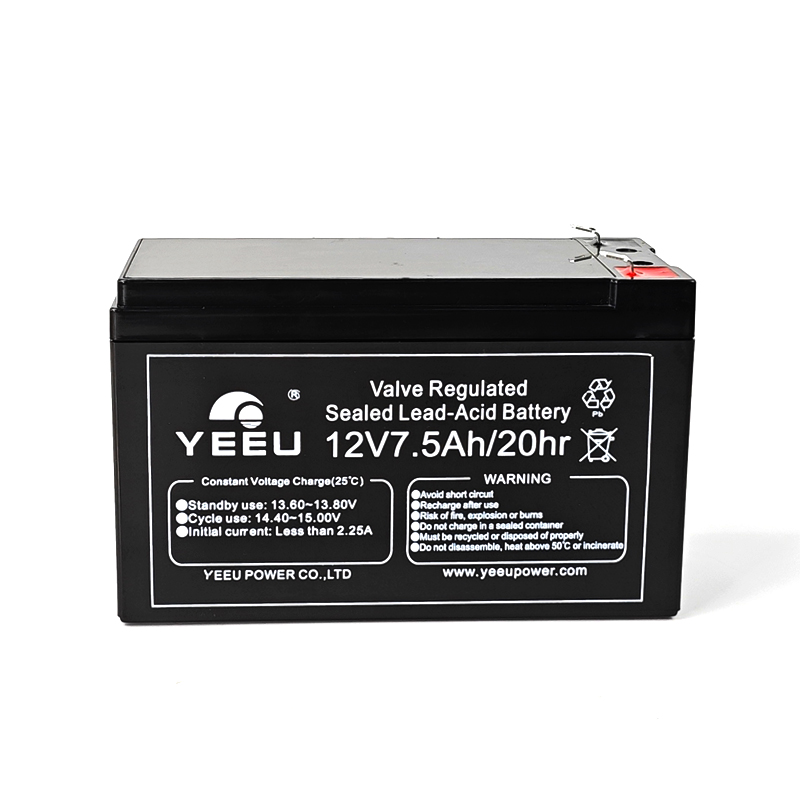Dynamic Guidelines Reverse Camera Interface-Original Parking Sensor Overlay
For car drivers,reversing is an indispensable skill in daily driving. However,there are blind spots when reversing, which brings certain troubles and safety risks to the driver.In order to solve this problem,automobile technology takes humanization and safety as the starting point,and introduces barrier-free parking assistance technology-parking assistance system.

What is Reverse Parking System?
Reverse Parking Imaging Technology is an important safety feature of modern cars, which provides drivers with a clearer and more reliable view of the rear, greatly reducing the risk of accidents.
Features and functions
1. Safe driving
The reversing image technology displays the rear scene of the vehicle to the driver in real time through the camera installed at the rear of the vehicle. This enables drivers to have a more complete understanding of their surroundings, including pedestrians, obstacles, parking Spaces and other vehicles, thereby avoiding collisions and accidents. Whether backing into or out of the parking space, the reversing image makes the operation safer and more reliable.
2. Convenient parking
Reversing image technology helps drivers more accurately grasp the distance and position relationship between the vehicle and the parking space. Through the on-board display, the driver can clearly see the auxiliary distance calculation and visual guidance, so that it is easy to reverse into position. This is especially useful for drivers who are not good at backing up or parking their vehicles in narrow parking Spaces.
3. Night visibility
Reversing imaging technology usually has a strong low-light environment shooting ability, so that the rear of the vehicle can be clearly visible at night or in dim conditions. By automatically adjusting speed and contrast, reverse imaging technology can provide clearer, brighter images to help drivers better perceive their surroundings, thereby preventing accidents when reversing at night.
4. System integration and scalability
Reversing image technology is often seamlessly integrated with the vehicle's multimedia system, and the reversing image can be displayed in real time through the on-board display screen. In addition, some reverse imaging systems can also be combined with other auxiliary functions, such as reverse radar or lane keeping assist system, to provide a full range of safety protection for the driver.
RoadPassion has developed reverse camera interfaces for BMW, Mercedes, Audi, Lexus, Volvo, Ford, Peugeot, Volkswagen and other models. Welcome to inquire! We are online 24 hours!


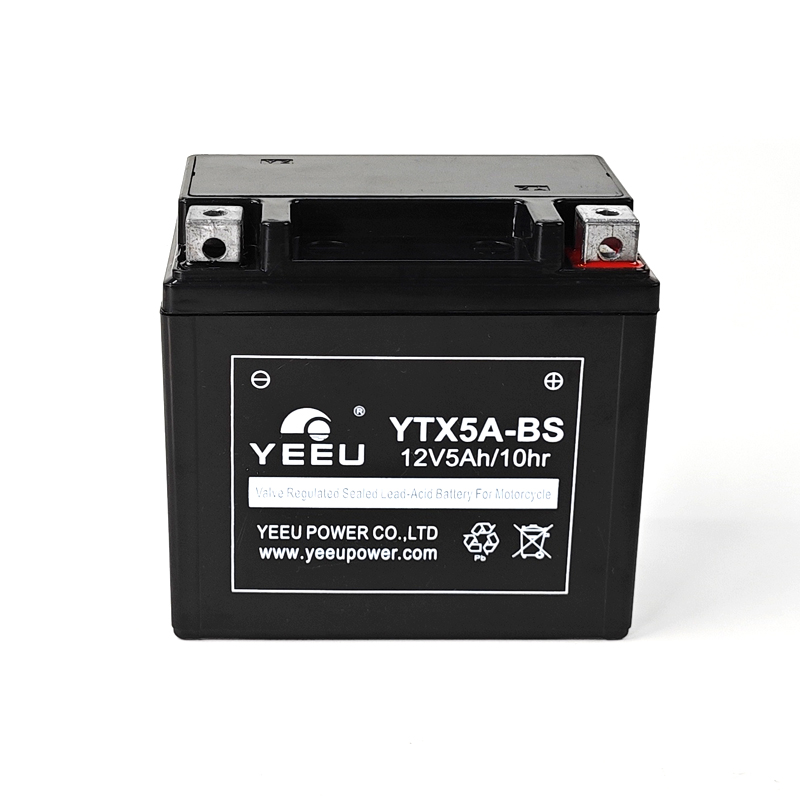
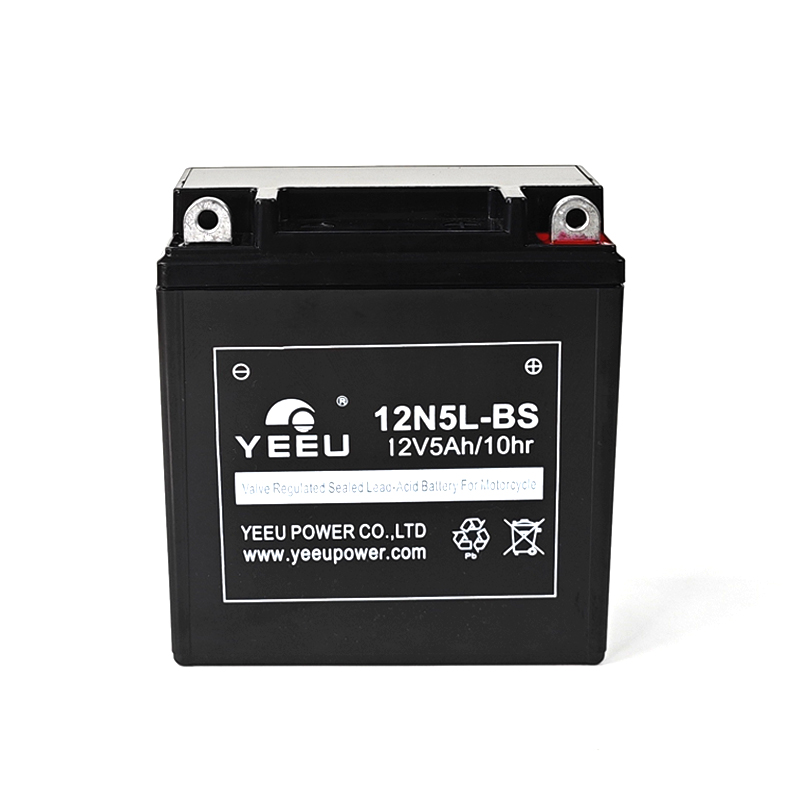



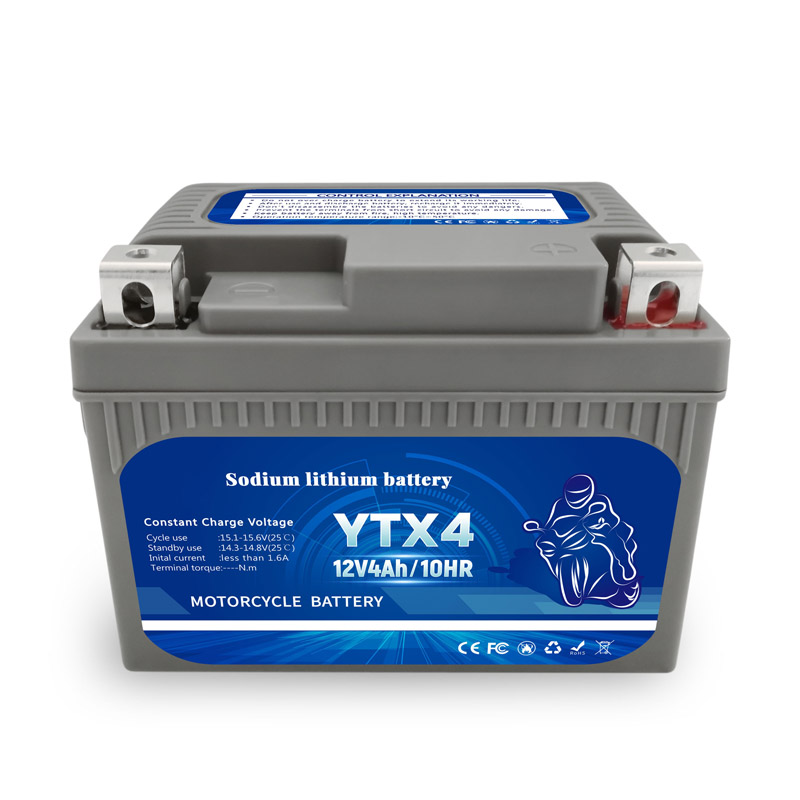
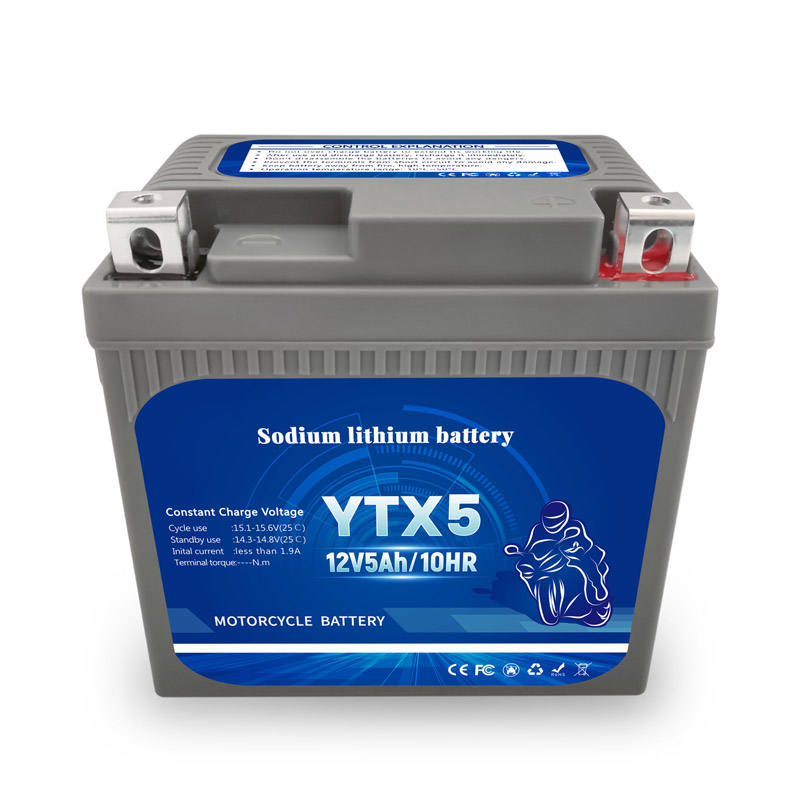
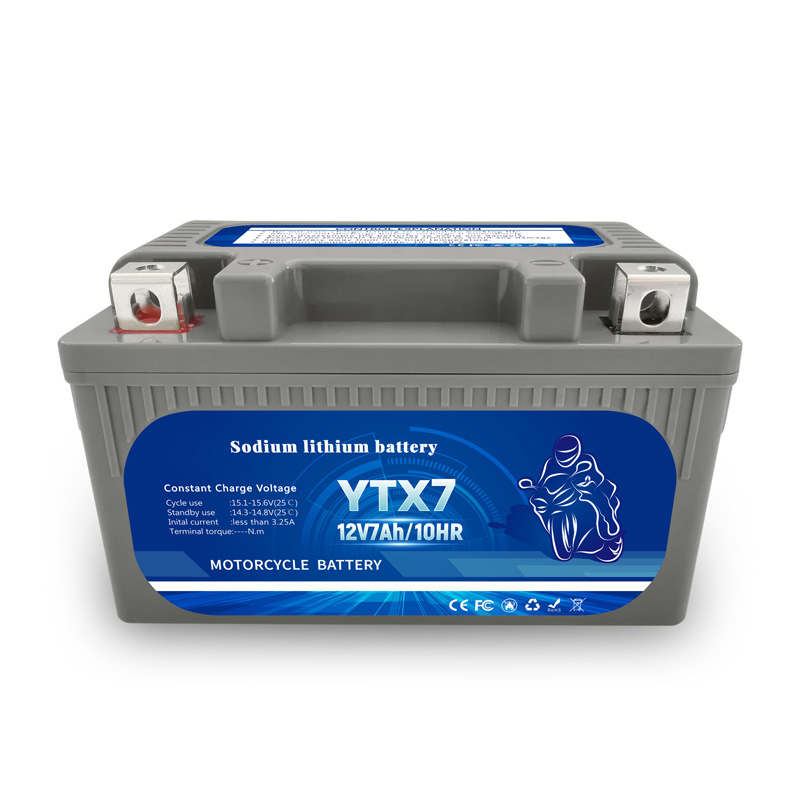
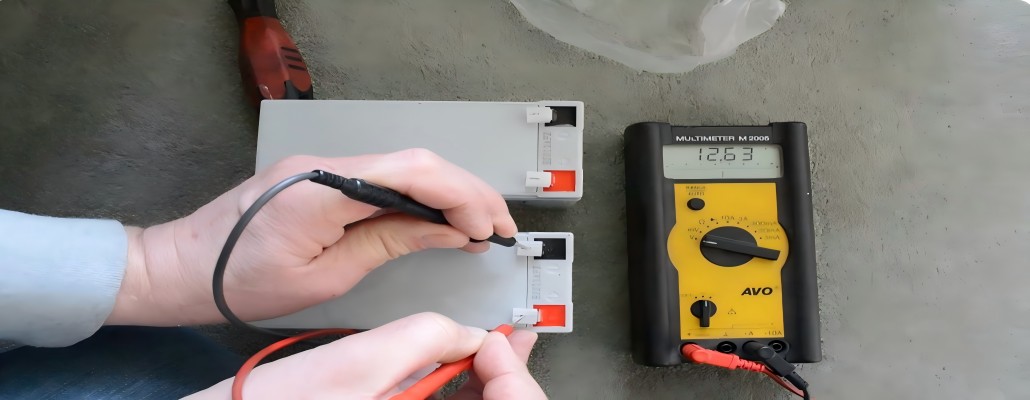
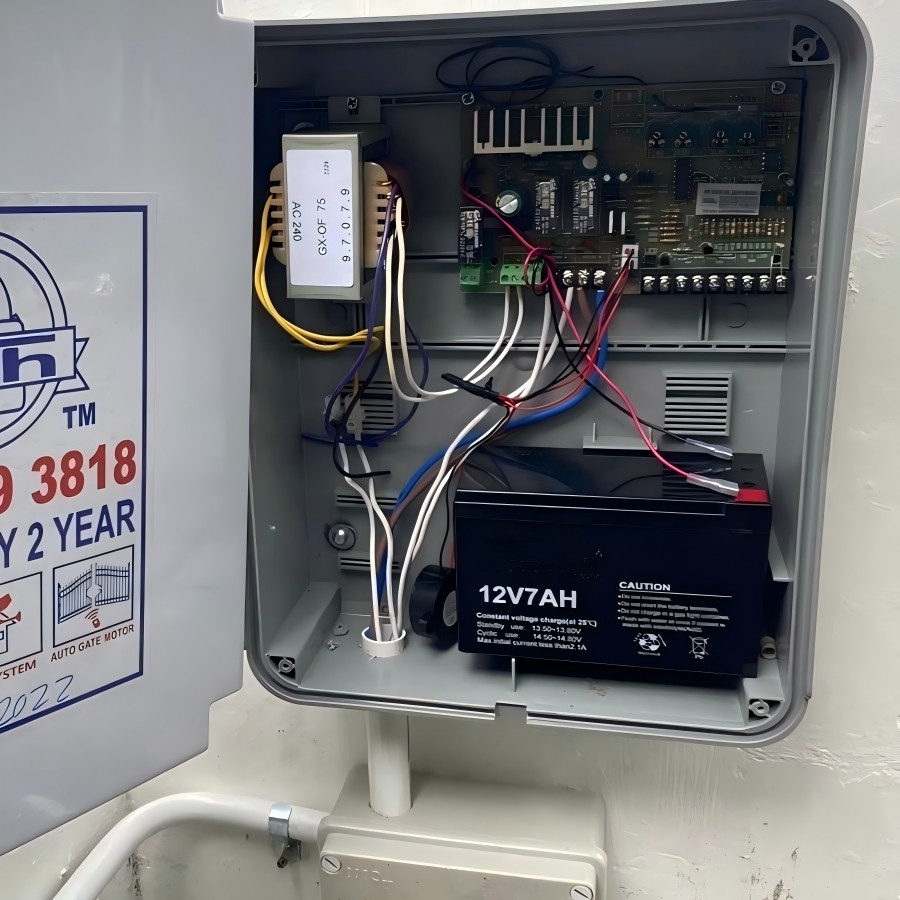
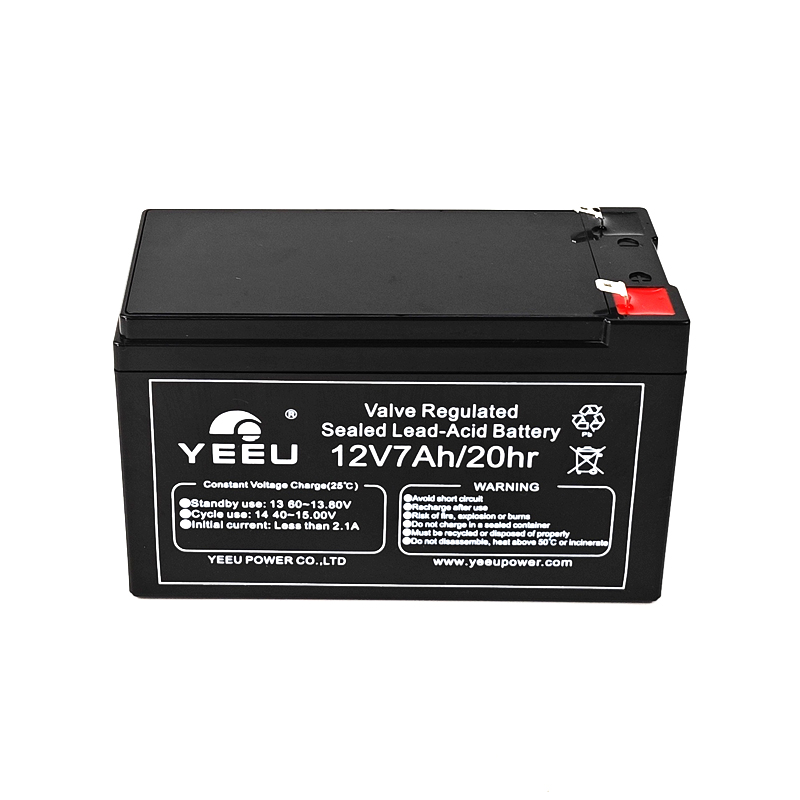
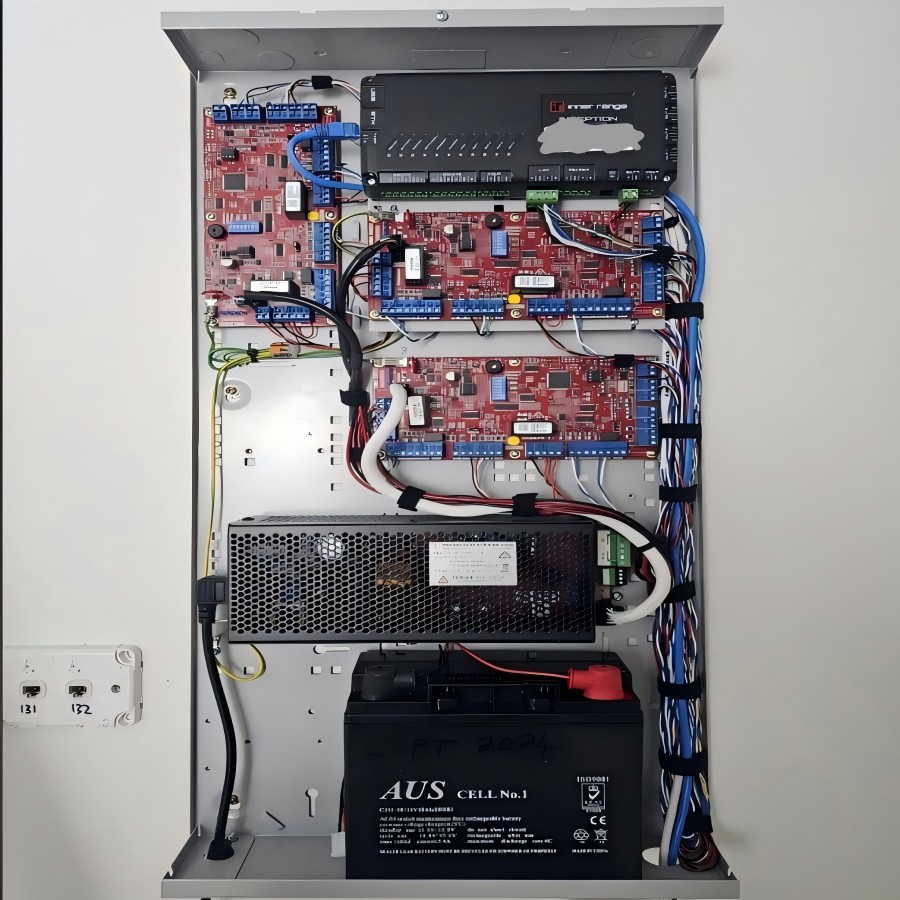

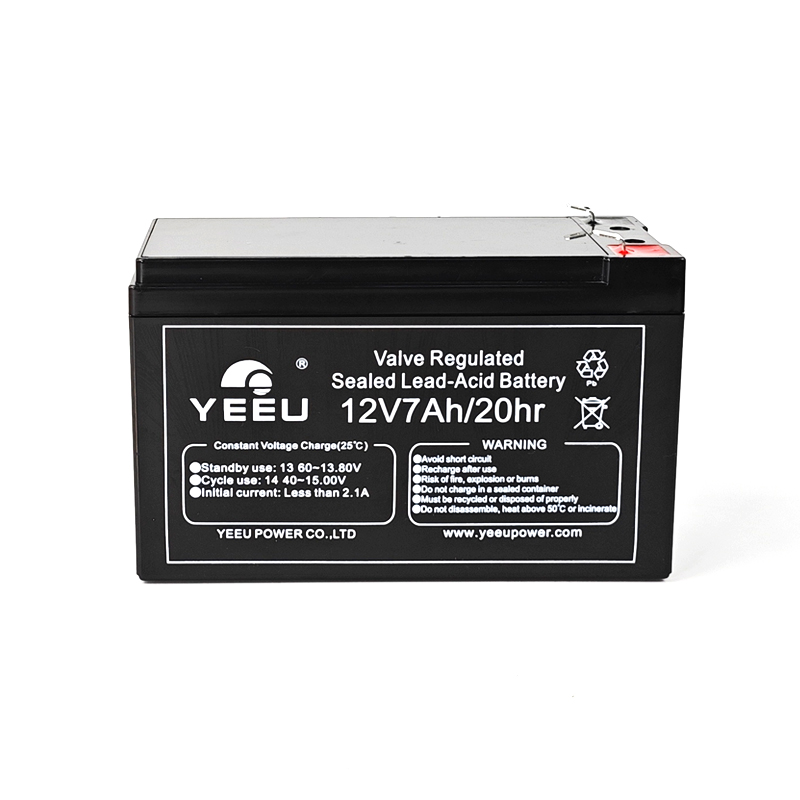
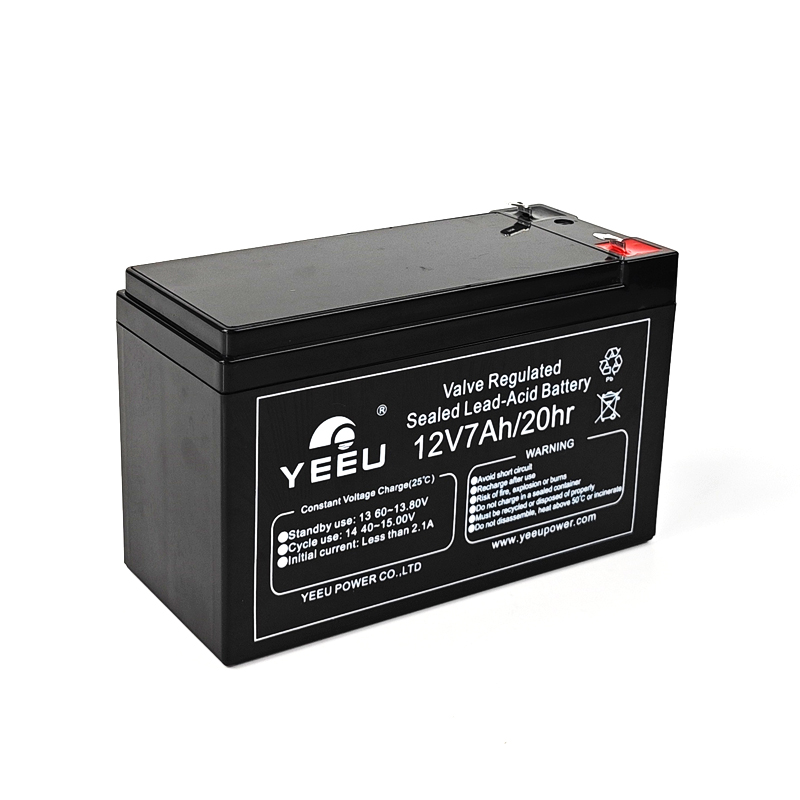
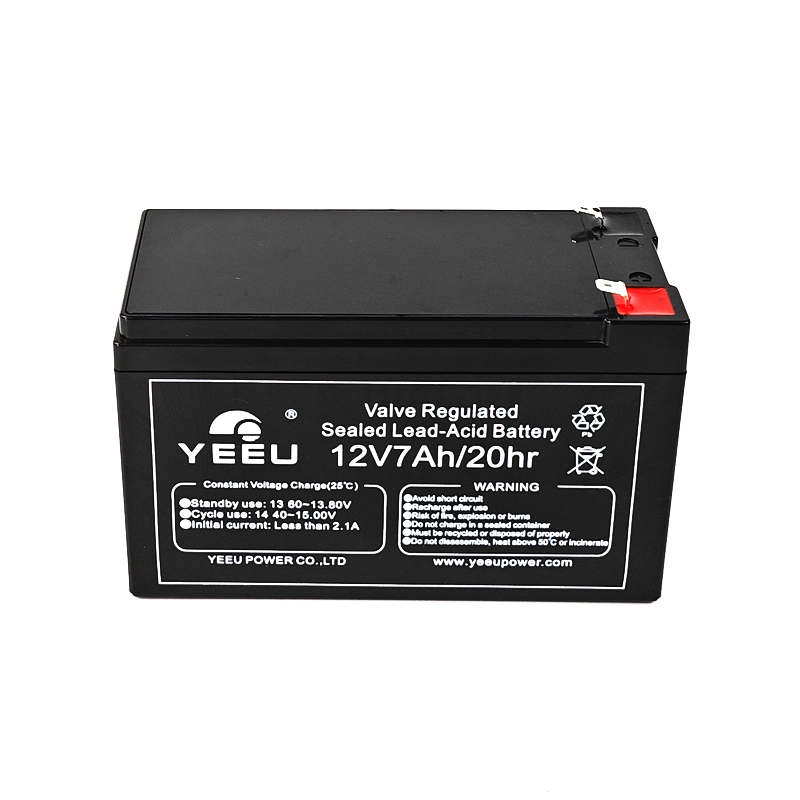
 Voltage and Capacity: The battery provides a voltage of 12 volts, which is a common voltage requirement for many applications. The 7Ah capacity indicates its ability to deliver a consistent current of 7 amps for a duration of one hour, or an equivalent combination of current and time.
Voltage and Capacity: The battery provides a voltage of 12 volts, which is a common voltage requirement for many applications. The 7Ah capacity indicates its ability to deliver a consistent current of 7 amps for a duration of one hour, or an equivalent combination of current and time. Size and Weight: The 12V7Ah 6FM7 battery is typically compact and lightweight, which makes it easy to install in different devices or equipment. Its size and weight allow for greater flexibility in terms of placement and portability.
Size and Weight: The 12V7Ah 6FM7 battery is typically compact and lightweight, which makes it easy to install in different devices or equipment. Its size and weight allow for greater flexibility in terms of placement and portability. Versatility/Applications: The 12V7Ah battery is widely used in various applications, including but not limited to:
Versatility/Applications: The 12V7Ah battery is widely used in various applications, including but not limited to: 
